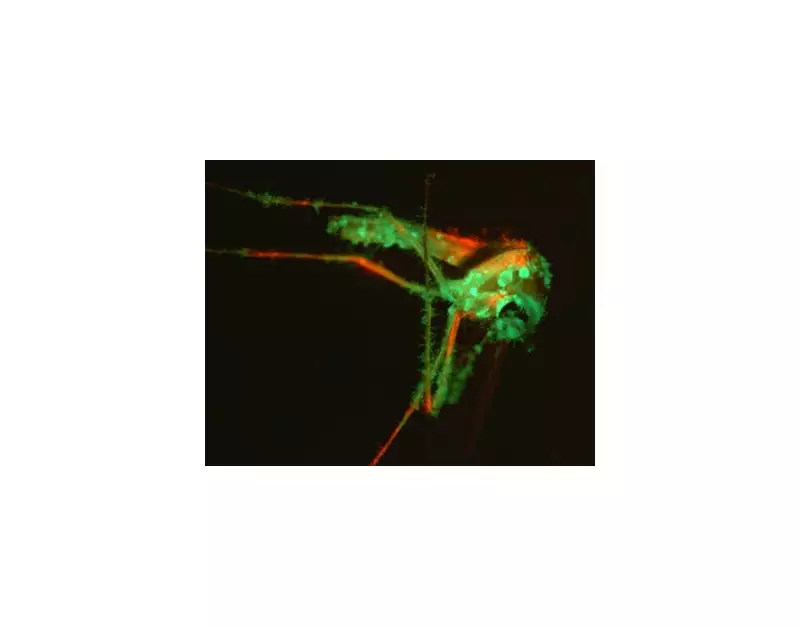
Canadian researchers have uncovered one of nature's most clever mosquito control systems—a sweet-scented fungus that acts as an irresistible death trap for disease-carrying mosquitoes. This remarkable discovery could revolutionize how we combat mosquito-borne illnesses without resorting to harsh chemicals.
The Fungal Assassin in Disguise
Scientists at the University of British Columbia have identified a specific fungus, Strongwellsea tigrinae, that emits an enticing aroma mosquitoes simply cannot resist. Unlike traditional pesticides that directly attack insects, this fungus uses sophisticated chemical deception to lure its victims.
The scent profile is particularly fascinating—it mimics the odors that naturally attract mosquitoes to flowers and other food sources. When mosquitoes encounter this fragrant trap, they voluntarily land on the fungal spores, unknowingly sealing their fate.
A Gruesome Yet Effective Elimination Process
Once infected, the fungus begins its deadly work in a method that's both efficient and gruesome. The spores germinate and penetrate the mosquito's body, consuming it from the inside out. What makes this process particularly effective is how the fungus ensures its own survival while eliminating the host.
The infection creates visible holes in the mosquito's abdomen through which new spores are released. This allows the fungus to continue its life cycle while the mosquito remains alive and mobile for hours—potentially spreading the fungal spores to other mosquitoes before ultimately succumbing to the infection.
Potential for Natural Mosquito Control
This discovery holds significant promise for developing environmentally friendly mosquito control methods. Traditional chemical pesticides often come with unwanted side effects, including harm to beneficial insects and environmental contamination.
Researchers are particularly excited about the potential to harness this natural system. "Understanding how these fungi attract and kill mosquitoes gives us new tools to combat mosquito-borne diseases like malaria, dengue, and West Nile virus," explained one of the lead researchers.
Canadian Research Leading the Way
The University of British Columbia team has been studying fungal pathogens of insects for years, but this particular discovery stands out for its elegance and efficiency. The research demonstrates how natural systems have evolved sophisticated methods of population control that humans are only beginning to understand.
What makes this approach so promising is its specificity. Unlike broad-spectrum insecticides that affect numerous insect species, this fungal pathogen appears to target specific mosquito species, reducing collateral damage to other beneficial insects in the ecosystem.
As climate change expands the territories of disease-carrying mosquitoes, such natural control methods become increasingly valuable. This Canadian research represents an important step toward sustainable, effective mosquito management that works with nature rather than against it.





